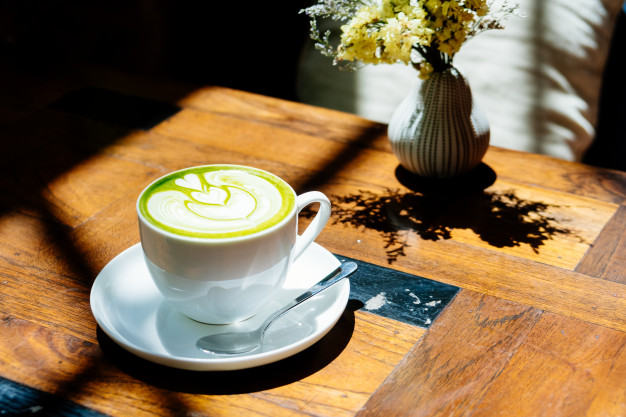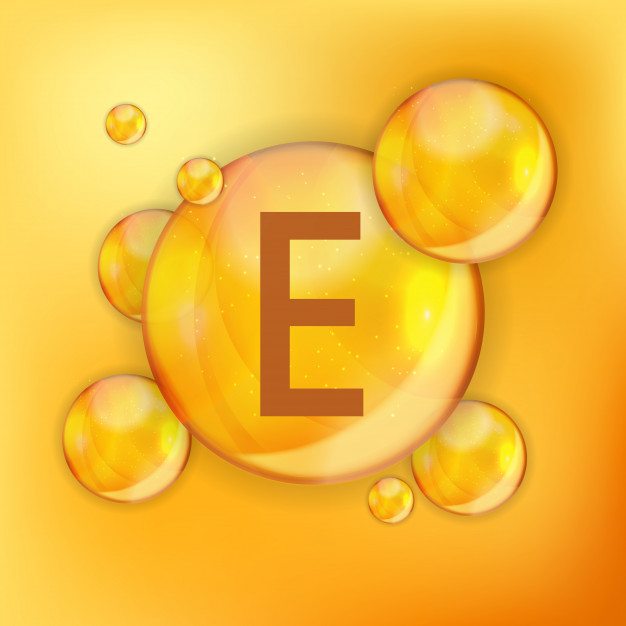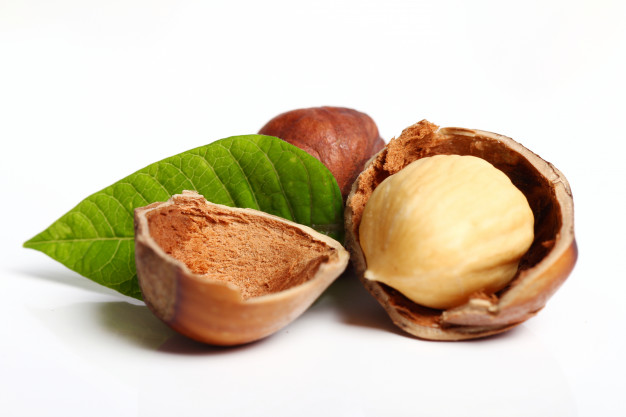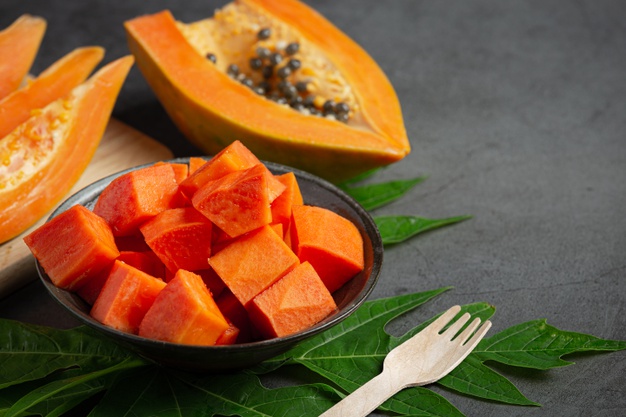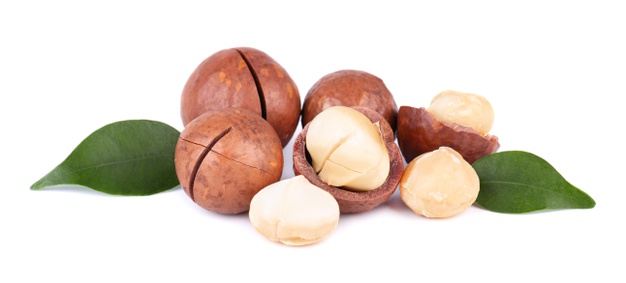Matcha tea is derived from Camellia Sinensis plant. It is considered as a part of green tea but it is very unique in its nature and offers numerous health benefits.
General information regarding matcha tea
- Basically matcha is a part of green tea family
- It is green in colour
- It is mainly prepared by ground up tea leaves thus its consumption is thought to providing more leave’s nutrients in concentrated form
- Matcha grows differently than green teas. It has seen that about two weeks before harvesting farmers are used to build structures around the plants for shading them, which helps to make the leaves comparatively sweeter, brighter and softer. This shading is also associated with increasing chlorophyll level that helps to darken the leaves and also enhances the production of amino acids
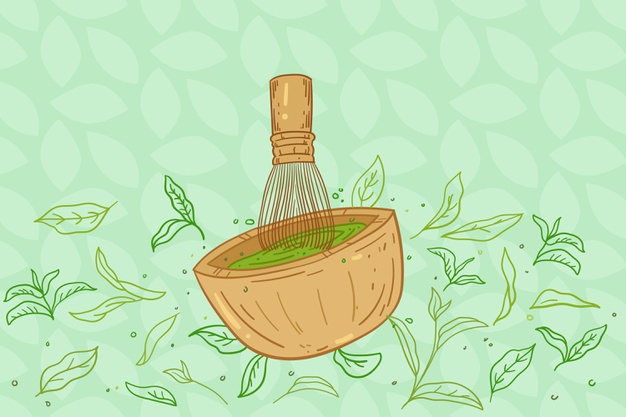
Matcha tea Vs green tea
Matcha as well as green tea both are obtained from same plant but they are not the same thing, they differ in various ways like –
- Green tea leaves are came in the form of tea bag whereas matcha came in powdered form
- Matcha contains comparatively higher amount of antioxidant (especially catechins, EGCG, flavonoids, polyphenolic compounds etc) than green tea
- L-theanine is a rare amino acid present adequately in matcha tea that plays imperative role in boosting up the functionality of nervous system as well as mental health
- Matcha is also relatively sweeter and creamier than green tea

Biological property
Antioxidant activity
- Its polyphenol components, flavonoid component and Vitamin C components are responsible for exerting antioxidant activities, which are accountable for decreasing oxidative stress in body
- It helps to protect the body from free radical induced oxidative damages thus helps to lessen the risk of developing chronic diseases
Anti-carcinogenic activity
- Matcha contains various components, which exert anti-carcinogenic property thus consumption of matcha is directly linked with decreasing the prevalence of carcinoma
- Its antioxidant activity also helps to protect the body from the harmful effect of carcinogens
- It has seen that epigallocatechin-3-gallate or EGCG found in matcha shows strong anti-carcinogenic activity too and significantly decreases the growth of tumor cells as well as cancerous cells in body
- EGCG is very effective to destroy prostate cancer cells. It also helps to decrease the prevalence of lung cancer, liver cancer and skin cancer
Antimicrobial activity
- Epigallocatechin gallate is an important antioxidant present in matcha that exerts strong antimicrobial activity
- It has seen that epigallocatechin gallate binds with disease causing microbial cells and inhibits their growth thus its consumption is very effective for decreasing the prevalence of infectious diseases caused by virus or bacteria or fungus

Anti-inflammatory activity
- Polyphenolic components of matcha play imperative role in decreasing the concentration of inflammatory mediators in body thus helps to prevent inflammation
- It has seen that consumption of matcha is associated with slowing down cartilage breakdown, which ultimately improves the symptoms of arthritis
- It also helps to prevent joint swelling
- It helps to provide quick relief from pain as well
Detoxification activity
- It has potent detoxifying activity and helps to stimulate the elimination of toxins as well as heavy metals from body
- Its chlorophyll content makes it an imperative detoxifying agent
Health benefits
Role on immunity
- It helps to improve immunological responses of the body
- As mentioned above its epigallocatechin gallate component is responsible for hindering microbial growth thus it helps to protect the body from microbial infestation as a result it decreases the prevalence of communicable diseases
- It also boosts the resistance power of body
Role on oral health

- Its fluoride component is responsible for improving tooth health
- It has seen that consumption of matcha tea is also related with keeping the teeth in good shape
- It helps to prevent oral infections by preventing microbial infestation in oral cavity
- It helps to prevent bad mouth odous as well. It has seen that microbes especially bacteria are responsible for breaking down sulfur containing amino acid within mouth and produces sulfur compounds, which are responsible for producing bad odour. Antimicrobial property of matcha helps to reduce the number of microbes as well as the concentration of sulfur compounds in mouth thus significantly decreases bad odour
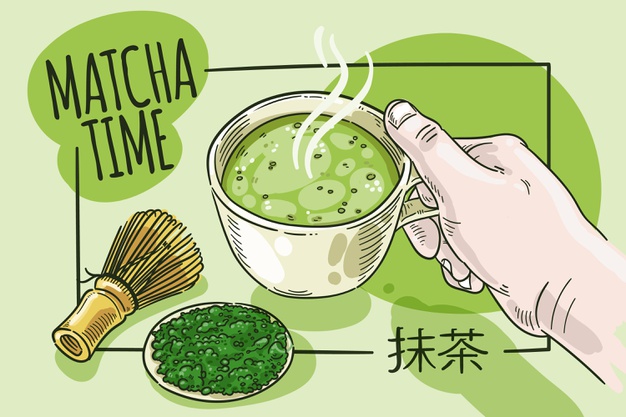
Hypolipidemic activity
- Matcha contains catechins, which is directly linked with decreasing total cholesterol concentration especially LDL in body thus its consumption is very effective for reducing the susceptibility of obesity, atherosclerosis, strokes, heart attacks, diabetes, liver as well as gallbladder disorders and hormonal imbalances
- It has seen that individual who consume matcha tea have relatively lower level of LDL as well as VLDL in body than others
- It also helps to increase HDL level and its consumption is very beneficial for improving LDL, HDL ratio
Role on energy production
-
 Consumption of matcha tea is associated with boosting up the energy level of the body
Consumption of matcha tea is associated with boosting up the energy level of the body - Caffeine and l-theanine are the two most important components found in matcha, which act as energy booster
- It has seen that matcha provides clean energy without excessive sugar, caffeine and other chemicals thus its consumption is considered as safe as it has very less or no side effects
Role on nervous system
- Matcha contains various imperative nutrients, which are responsible for boosting up the functionality of brain
- It has seen that matcha contains relatively higher amount of caffeine than green tea and this caffeine is responsible for stimulating brain’s activity
- It also helps to improve cognition, memory and reaction times
Role on hepatic health
- Liver plays vital role in processing nutrients, flushing out toxins and metabolizing drugs thus it is considered as one of the most important organs of human body. Matcha plays significant role in promoting liver health
- Consumption of matcha is also related with promoting liver functions
- Its hypolipidemic activity is responsible for decreasing the prevalence of fatty liver disease
Role on mental health
- Consumption of matcha tea is closely related with providing calmness to the body
- L-theanine is an important amino acid found in matcha plays significant role in reducing stress thus its consumption is extremely helpful for promoting the feeling of relaxation
- It helps to improve the state of mind as well

Role on improving focus
- Caffeine and l-theanine components of matcha play imperative role in enhancing focus
- It has seen that l-theanine of matcha is responsible for improving the production of alpha wave in brain, which is responsible for improving attention and also associated with encouraging relaxation as well as mental clarity
Role on improving alertness
- Its antioxidant activity and l-theanine component are responsible for improving alertness
- It also helps to decrease drowsiness or fatigue and significantly improves concentration and mood
Preparation of matcha tea
It can be prepared very easily. Below points will discuss the process of matcha tea preparation –
- At first water should be boiled
- Then matcha powder should be added to the water
- After that matcha whisk should be used to blend the powder into the water
- Sugar or honey can be added then for achieving sweeter flavour
Risk factor
It may contains heavy metals, pesticides thus it’s over consumption is not healthy. It is not wise to consume more than two cups of matcha tea per day.
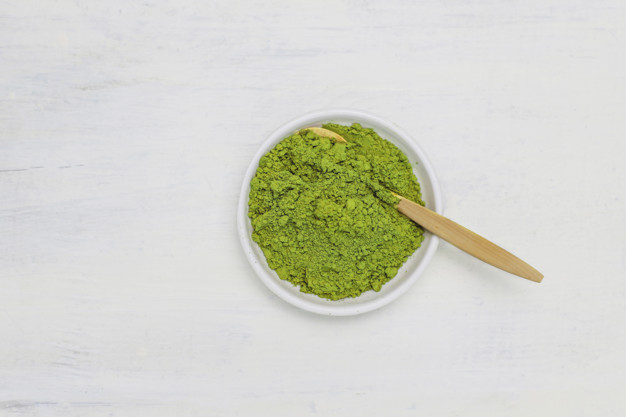

Source:
Bonuccelli, G., Sotgia, F. and Lisanti, M.P., 2018. Matcha green tea (MGT) inhibits the propagation of cancer stem cells (CSCs), by targeting mitochondrial metabolism, glycolysis and multiple cell signalling pathways. Aging (Albany NY), 10(8), p.1867.
Capatina, S., Health benefits of matcha.
Jakubczyk, K., Kochman, J., Kwiatkowska, A., Kałduńska, J., Dec, K., Kawczuga, D. and Janda, K., 2020. Antioxidant properties and nutritional composition of matcha green tea. Foods, 9(4), p.483.
Kochman, J., Jakubczyk, K., Antoniewicz, J., Mruk, H. and Janda, K., 2021. Health Benefits and Chemical Composition of Matcha Green Tea: A Review. Molecules, 26(1), p.85.
Loss, A.W. and Heart, P.H., WHAT IS MATCHA?.
Willems, M.E.T., Şahin, M.A. and Cook, M.D., 2018. Matcha green tea drinks enhance fat oxidation during brisk walking in females. International journal of sport nutrition and exercise metabolism, 28(5), pp.536-541.
